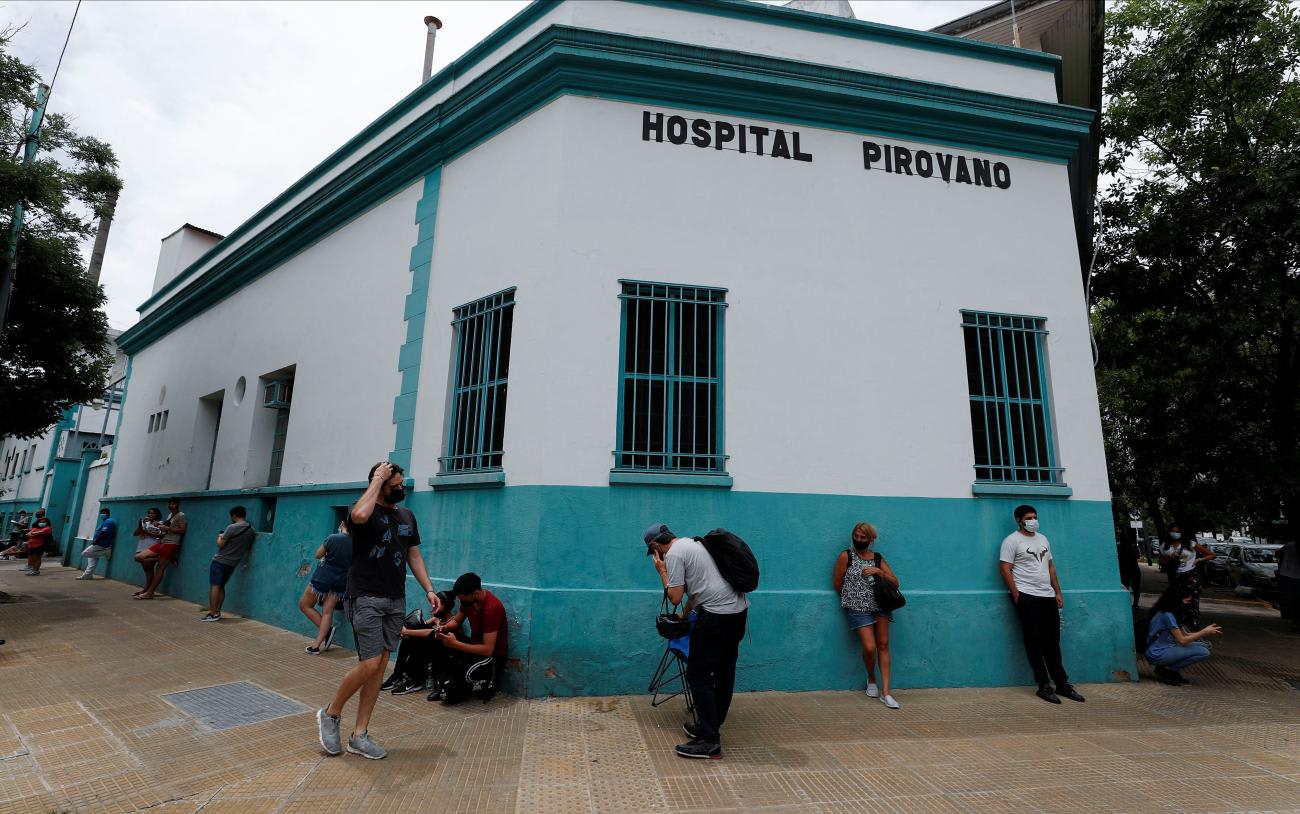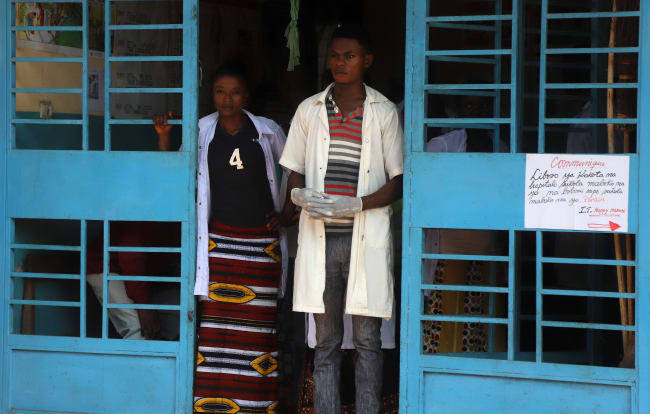As Argentina gears up for the election of its new president on November 19, the spotlight inevitably falls on the profound challenges crippling the country's health-care system. The leading contenders, Peronist candidate Sergio Massa and Libertarian candidate Javier Milei, have put forward strategies to grapple with the escalating crisis. However, both proposals have their limitations.
A Health-Care System in Dire Straits
Argentina's health-care system has lagged behind its counterparts in recent years. The adult mortality rate, 111.4 people of every thousand will die before the age of sixty-one, stands significantly higher—28 percent more—than neighboring Chile and nearly double that of high-income countries, like Denmark.
Compounding this health crisis are grim living conditions. A 2021 UNICEF report notes that nearly 60 percent of children live below the poverty line, a figure not seen since 1954. Consequently, many people cannot afford essential health services, with an average out-of-pocket cost of $525 per person per year.
Nearly 60 percent of children live below the poverty line in Argentina
Moreover, an exodus of medical practitioners, abandoning practices or forgoing residencies, provides a grim forecast of future care quality. Deteriorating work conditions are propelling doctors to emigrate, while the relationship between physicians, insurers, and patients has soured, fostering distrust and imperiling the system's sustainability.
Shortages of medicine, hospital supplies, and vital equipment are also becoming increasingly commonplace. Medical associations frequently sound alarms over scarce basic supplies, leaving only a third of adults with chronic illnesses to receive their necessary medication. The situation is graver for those in poverty, exacerbating the urgency to address this looming crisis.
The Peronist Vision
Sergio Massa's vision places the state at the epicenter of an integrated health-care system, advocating for unrestricted access to vital medications. Yet, crafting such an integrated system faces daunting challenges, primarily observed in high-income nations across Europe, Asia, and the Middle East. Transitioning to a single-payer universal health-care model, while cost-effective in the long run, presents an immensely burdensome initial investment—unattainable for Argentina amid contracting fiscal resources.

While Massa's proposal aims to broaden access to essential drugs, the current government's intervention in medicine pricing complicates matters. Government-regulated drug prices growing below inflation rates distort the market, dissuading pharmacists from providing medication at reduced prices, further restricting access for people living in poverty.
Additionally, the predicament of health-care workers and public health organizations erodes the system from within. Paltry remunerations—average monthly earnings of $500 for doctors—make it challenging to sustain a functional health-care workforce. Given these constraints, the Peronist ambition to recreate an expansive medical system within a welfare state appears impractical.
Libertarian Vision
The Libertarian Party's approach diverges by proposing a patient-driven care provision, which would permit individuals to independently select and pay for their treatments. Empowering patients with freedom of choice in health insurers and providers forms the crux of their proposal. The practical implications of such an overhaul, however, remain dubious. Real-world evidence supporting enhanced care quality through such methods is scant. Furthermore, given that provinces have localized control over health systems, enforcing national-level changes poses a considerable challenge.
The party's proposal to enable individuals to choose their health-care insurer ultimately disrupts Argentina's current system, where employees are automatically enrolled in union-run insurers upon employment. While the concept seems fair, it risks a migration of high-income workers to select insurers, potentially destabilizing the system for others.
As the election fervor intensifies, the impending health crisis looms large, expected to claim at least 50,000 lives by year-end
Areas of Agreement
Despite calling for different structural changes, both parties converge on reforming Argentina's largest health-care organization, the National Institute of Social Services for Retirees and Pensioners (PAMI), serving six million retirees. Acknowledging its inefficiencies, financial strains, and corruption, both propose radical changes to its funding mechanism. However, altering the current structure without adequately addressing underlying issues could destabilize PAMI further.
Argentina's neighboring countries facing analogous challenges and the lingering effects of the COVID-19 pandemic underscore the urgency for a paradigm shift in health-care systems across the region. Despite Argentina's proposed reforms, they may prove insufficient in addressing the country's health crisis and its concurrent financial woes.
As the election fervor intensifies, the impending health crisis looms large, expected to claim at least 50,000 lives by year-end. Argentina's health-care system demands comprehensive reforms grounded in pragmatism. Rebuilding these organizations, revitalizing their culture, and re-engaging professionals constitute imperative steps toward a sustainable future.













